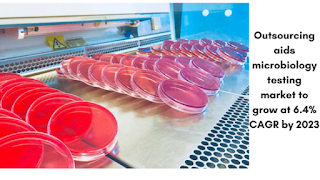Effective Traditional Anti-Microbial Herbs: Part #4
In our last blog, we discussed the effectiveness of Kimchi and Manuka Honey as traditional anti-microbial herbs. This week let’s discuss the effects of Oregano and Thyme.
OREGANO:
Oregano could be a Mediterranean herb that is utilized for cooking and therapeutic functions, starting from treating diseases to repelling insects. Oregano oil contains a basic compound referred to as carvacrol, that has antimicrobial properties. The herb has shown antimicrobial activity in a number of studies. origanum Vulgare essential oils were booming against 41 strains of the food infectious agent Listeria Monocytogenes. One chemical agent in oregano is rosmarinic corrosive, which can be a strong inhibitor which is able to support system health. Oregano has one in all the foremost elevated inhibitor movement evaluations, with 42 times the antioxidant punch of apples. Oregano contains β-caryophyllin (E-BCP), a substance that inhibits inflammation and will to be used for conditions together with pathology and arteriosclerosis, yet as a metabolic disorder.
THYME:
Thyme is believed to have antifungal, antibacterial drug, insecticidal, and possibly antifungal properties. With one in all the very best antioxidant concentrations in any herb, thyme has been praised for thousands of years as Associate in Nursing overall health booster. The phenolic antioxidants found in thyme, as well as lutein, zeaxanthin, and thymonin contribute to neutralizing and eliminating free radicals throughout the body. Free radicals are the harmful by-products of cellular metabolism that may do major injury to your healthy cells by inflicting programmed cell death or spontaneous mutation. These antioxidants help prevent oxidative stress present in your organs, likewise as your neural pathways, heart, eyes, and skin. The thyme oil, even at low concentrations, showed potential as a natural preservative of food products against many common foodborne microorganism that cause human health problem. This oil was effective against resistant strains of Staphylococci, Enterococcus and Pseudomonas Bacteria. They noted that 66.5% of these treated with a plant life cream containing thyme oil were completely healed, compared with 28.5% of these using a placebo.



Comments
Post a Comment